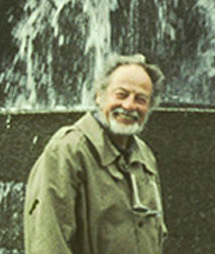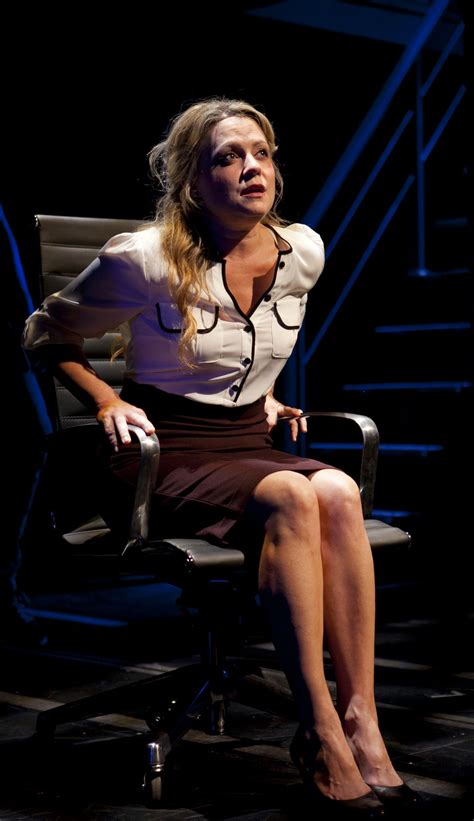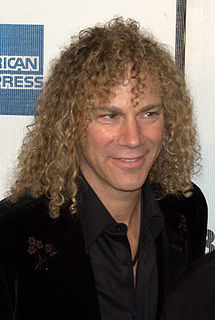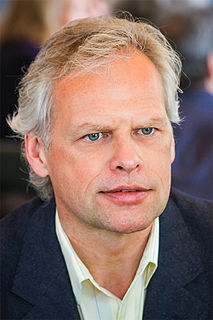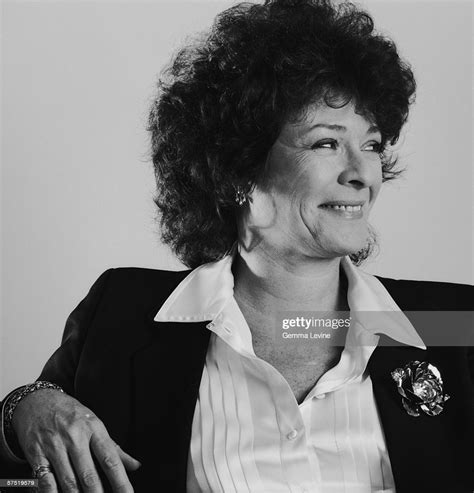A Quote by Lawrence Halprin
And you finally get to a consensus, where you get a sense of what really ought to be done, and then they give it to me and then I draw it. I mean draw it in the sense, the philosophical sense.
Related Quotes
I first got a sense of that idea of nodality - but I didn't use the word back then - with 'The Missing of the Somme': that sense of a particular place in a landscape or on a map having some kind of tremendous power to draw us to itself... that made me conscious, and since then, really, it has been an abiding concern of mine.
It would be quite unusual for me to get deep into a project and then shitcan it. One of the advantages of having done this for a while is that I have a better sense than I used to of when something is or isn't working. Until I developed that sense, this was a pretty dicey career for me, both in terms of paying the rent, and emotional wear and tear.
To be in a beast of a musical (I mean it's huge!) gave me a sense of I don't want to say "a sense of confidence" because you already have a sense of that to get out on stage. But I think I just have a better sense of myself. It was a learning process, I really had to conquer a lot of fears and my own little struggles. I feel a little self-empowered, like "bring it on!" Bring on the next thing because if I can conquer this, I can conquer that.
I draw because words are too unpredictable. I draw because words are too limited. If you speak and write in English, or Spanish, or Chinese, or any other language, then only a certain percentage of human beings will get your meaning. But when you draw a picture everybody can understand it. If I draw a cartoon of a flower, then every man, woman, and child in the world can look at it and say, "That's a flower.
You know what I am going to say. I love you. What other men may mean when they use that expression, I cannot tell. What I mean is that I am under the influence of some tremendous attraction which I have resisted in vain, and which overmasters me. You could draw me to fire, you could draw me to water, you could draw me to the gallows, you could draw me to any death, you could draw me to anything I have most avoided, you could draw me to any exposure and disgrace. This and the confusion of my thoughts, so that I am fit for nothing, is what I mean by your being the ruin of me.
Always get to the set or the location early, so that you can be all alone and draw your inspiration for the blocking and the setups in private and quiet. In one sense, it's about protecting yourself; in another sense, it's about always being open to surprise, even from the set, because there may be some detail that you hadn't noticed. I think this is crucial. There are many pictures that seem good in so many ways except one: They lack a sense of surprise, they've never left the page.
You hear people talking about a Scottish sense of humour, or a Glaswegian sense of humour, all sorts of countries and cities think that they've got this thing that they're funny. I read about the Liverpudlian sense of humour and I was like, 'Aye? What's that then?' You get that and you especially hear about a dark Glaswegian sense of humour.
It's a sense of pride, a sense of you set out to get a record deal, and we got that. We set out to get a No. 1 record, and then we got that. Then you say, 'Wow, that was impossible and now even more impossible is to stay No. 1 and stay current and put out new records that people care about,' and we really stuck to that.
And when you are operating within your style, which is your world, which you operate in, then it also would make sense to you. Now, whether it makes sense to anybody outside is besides the point really. You just do it and then you find that other people kind of begin to relate to it and allow themselves to get into your way of thinking about things.
